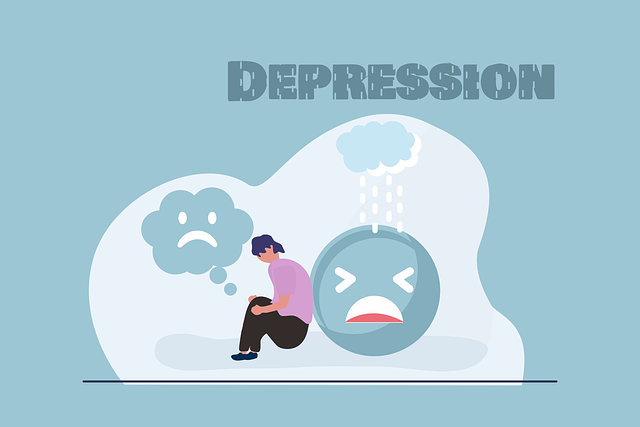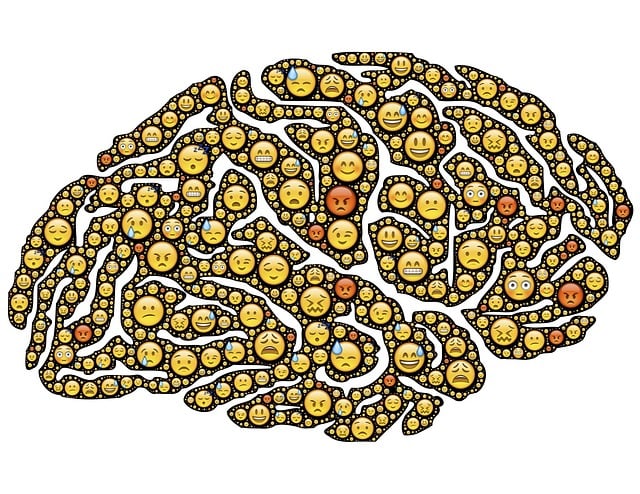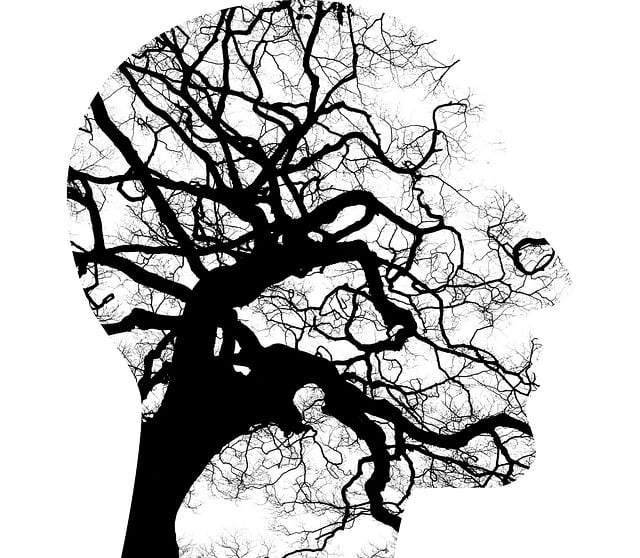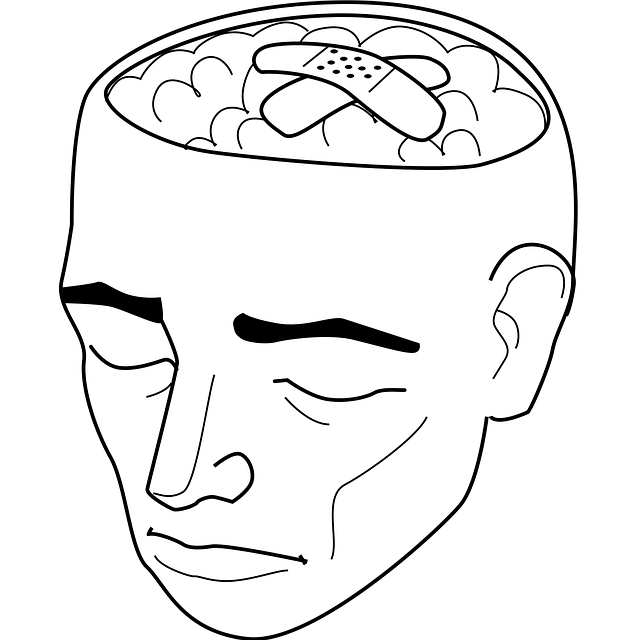Mental health advocacy plays a pivotal role in empowering young adults, especially those with gender identity issues, by providing essential support and resources. Through peer mentorship, social skills training, and specialized therapy, these initiatives break down societal barriers to therapy, normalize mental wellness, and foster resilience. By addressing unique challenges and promoting inclusive practices, they ensure young adults receive the care they deserve, reducing depression rates and improving overall well-being.
Mental health advocacy initiatives play a pivotal role in shaping the well-being of young adults. This article delves into the significance of these efforts, focusing on how they impact vulnerable populations, particularly those grappling with gender identity issues. We explore the barriers faced by young adults seeking therapy and highlight effective initiatives promoting mental well-being within youth communities. By understanding the interplay between advocacy and access to care, we can foster more inclusive and supportive environments for all.
- Understanding Mental Health Advocacy and its Impact on Young Adults
- Gender Identity and Access to Therapy: Overcoming Barriers
- Effective Initiatives Promoting Mental Well-being in the Youth Community
Understanding Mental Health Advocacy and its Impact on Young Adults

Mental health advocacy plays a pivotal role in shaping the lives of young adults by promoting mental wellness and providing them with essential tools to navigate their unique challenges. It is an empowering process that encourages open dialogue about mental health issues, breaks down societal barriers, and fosters an environment where seeking therapy for young adults, particularly those exploring gender identity, becomes a normalised practice.
Advocacy initiatives target the often-overlooked population of young adults, who may struggle with transitioning into adulthood while grappling with mental health concerns. These programs offer support through various channels, including social skills training, peer mentorship, and access to specialized therapy services. By raising mental health awareness and challenging stigma, these initiatives ensure that young adults receive the care they need to thrive, exploring their identities and developing resilience in a supportive network.
Gender Identity and Access to Therapy: Overcoming Barriers

Access to therapy is a fundamental aspect of mental health advocacy, especially for young adults navigating their gender identity. However, there are significant barriers that often prevent this vulnerable population from receiving the support they need. Societal stigma and a lack of culturally competent professionals create an environment where transgender and non-binary individuals may feel deterred from seeking treatment, leading to unaddressed mental health concerns and potential burnout for both clients and healthcare providers alike.
This issue is further exacerbated by limited insurance coverage and financial constraints, which can make therapy an unrealistic option. To address these challenges, it’s crucial to implement Burnout Prevention Strategies for Healthcare Providers that focus on self-care and resilience, as well as integrate Conflict Resolution Techniques and Emotional Regulation programs within mental health services. By fostering inclusive practices and expanding access to specialized care, we can ensure that young adults experiencing gender identity issues receive the necessary support for their emotional well-being.
Effective Initiatives Promoting Mental Well-being in the Youth Community

In recent years, mental health advocacy initiatives have gained significant traction, especially within the youth community. Effective programs are addressing growing concerns about mental wellness among young adults, with a focus on diverse issues such as depression prevention and therapy for gender identity struggles. Organizations and schools are increasingly implementing social skills training to foster supportive environments and reduce stigma. These efforts not only enhance overall mental health but also equip young individuals with the tools necessary to navigate life’s challenges.
Initiatives targeting youth involve creative strategies, from peer support groups to online counseling platforms, ensuring accessibility and confidentiality. By integrating therapy for young adults struggling with gender identity into these programs, advocates aim to create inclusive spaces that validate and support diverse identities. This holistic approach to mental wellness promotes resilience and equips young people with the skills needed to thrive in a complex world, ultimately reducing rates of depression and improving overall well-being.
Mental health advocacy plays a pivotal role in ensuring young adults receive the support and resources they need, especially regarding gender identity and access to therapy. By implementing effective initiatives that promote mental well-being in youth communities, we can break down barriers and create a more inclusive society. Understanding the unique challenges faced by young adults navigating their gender identity is essential, as it paves the way for tailored interventions and improved access to specialized therapy. These advocacy efforts are crucial steps towards fostering resilience and overall mental health in this demographic.













